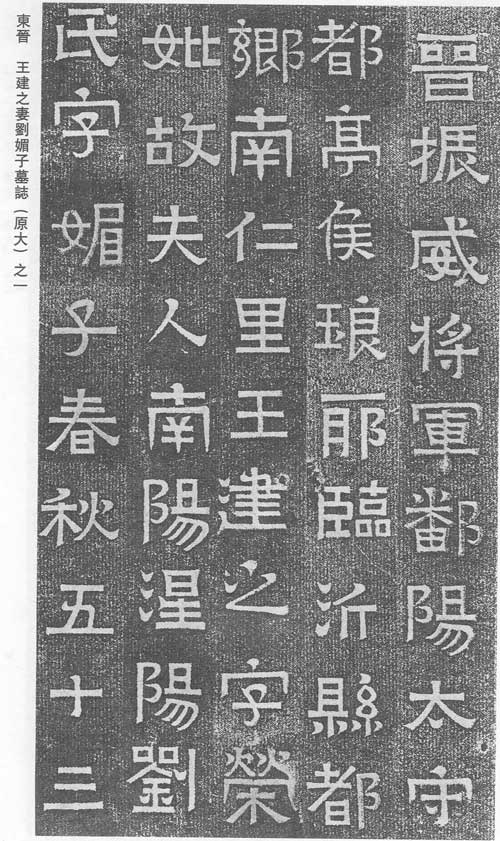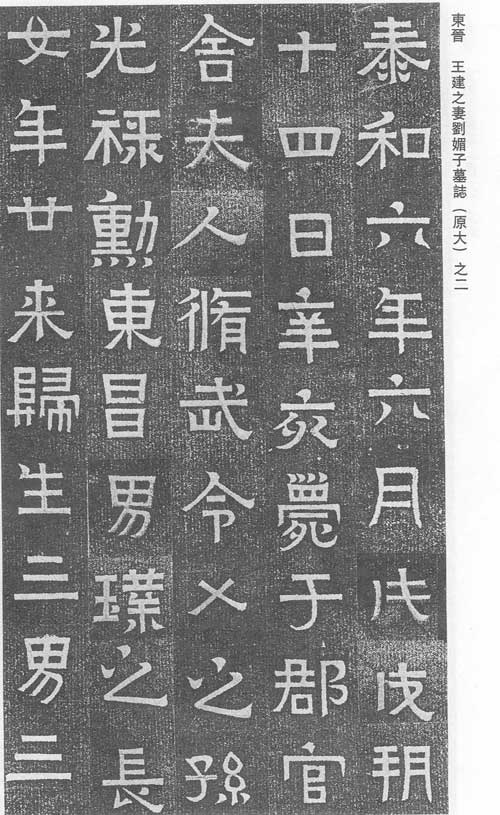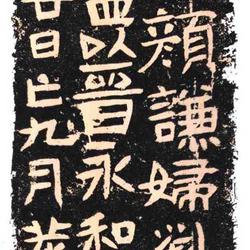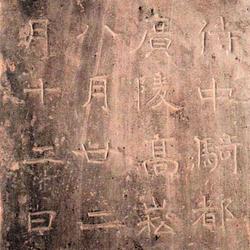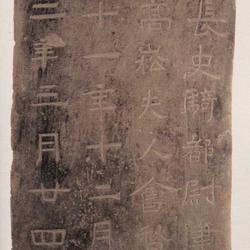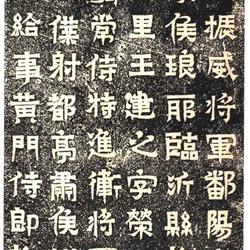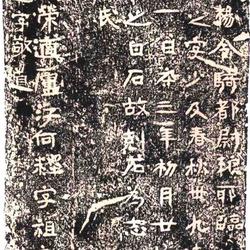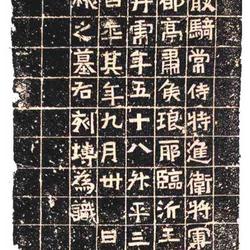From September to December 1998, the Nanjing Municipal Museum excavated three tombs of the Langya Wang family of the Eastern Jin Dynasty in Xiangshan in the northern suburbs of the city. The excavation briefing was published in the 2002 Issue 7 of "Cultural Relics" and the rubbings of four epitaphs were disclosed. Among them, the couple's tomb No. 9 is well preserved. Three epitaphs were unearthed from it, two of which were stone epitaphs found on the head of the deceased in the tomb. One is the epitaph of Wang Jianzhi, and the other is the epitaph of Wang Jian's wife Liu Meizi; the other is the epitaph of Wang Jianzhi's wife Liu Meizi; One is a brick epitaph, which was found in the filling of the grave pit. It is also the epitaph of Liu Meizi. Its basic content is the same as the stone epitaph but the text is slightly simpler. It is estimated that it was "deliberately set up to make it easier to find when they are buried together in the future." Wang Jianzhi had no military campaigns in history. According to his epitaph, "Jin was the general Zhenwei, the prefect of Pogang, and the Marquis of Duting. Wang Jianzhi of Nanrenli, Duxiang, Linyi County, Langye, had the courtesy name Ronghe, so he often served as a casual rider. , Tejin, General Wei, Shangshu Zuopushe, and the grandson of Suhou Bin of Duting, so he was given to the eldest son of Pengzhi, the minister of Huangmen and the Marquis of Duting." It can be seen that Jianzhi is the grandson of Wang Bin, who was granted the title of Marquis of Duting. . Wang Jianzhi's wife Liu Meizi is also missing from historical biographies.
The calligraphy style of this stele is between official and regular script. Although the horizontal strokes have undulations, the undulations are convergent, and the style obviously has certain characteristics of regular script. Some of the characters have strong Li meaning and are very similar to Han Li. There are also some characters that have an obvious imitation of the ancient seal script and are very decorative, which is really rare.
